The Benefits of Injection Molded Plastics in an EV/AV World
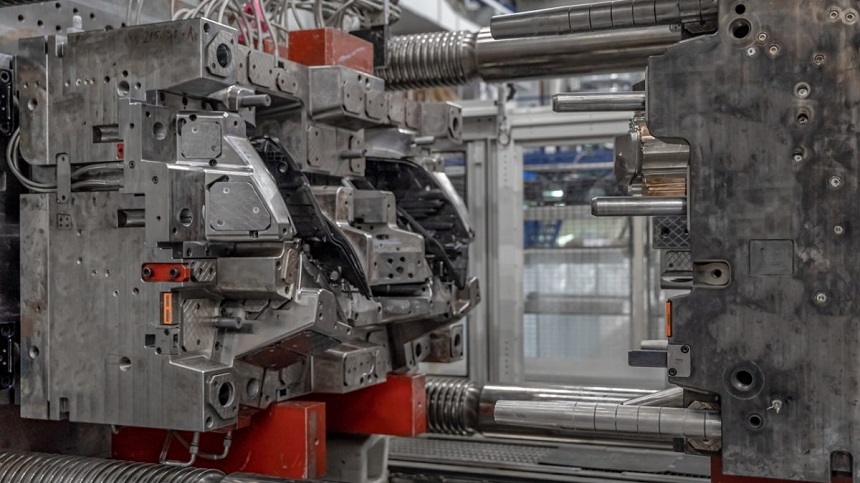
We are seeing a dramatic shift in the world of transportation as more people are shifting away from traditional cars to get their hands on electronic vehicles. Sales of electric cars doubled in 2021 to a new record of 6.6 million and are projected to grow even further in 2022.
The increase in demand for eco-friendly transportation options, especially in the wake of rising energy prices, has led automotive OEMs to focus on sustainable and affordable ways of production. The use of plastic has been on the rise, and it has become a crucial element in modern engineering and manufacturing.
There has been significant technological research on the suitability of plastic injection molding, with companies such as PTMS Tooling & Molding constantly finding ways to incorporate this technology in producing top-notch products.
We’re now seeing plastic actively used across many industries such as automotive, home appliances, medical, printer, and electronics. The EV/AV industry is actively focusing on metal-to-plastic conversion. It uses injection molded plastic parts to improve the efficacy of electric vehicles, hybrids, and a new generation of engines.
Let’s look at some benefits of injection molded plastics in an EV/AV world and how they will impact future production.
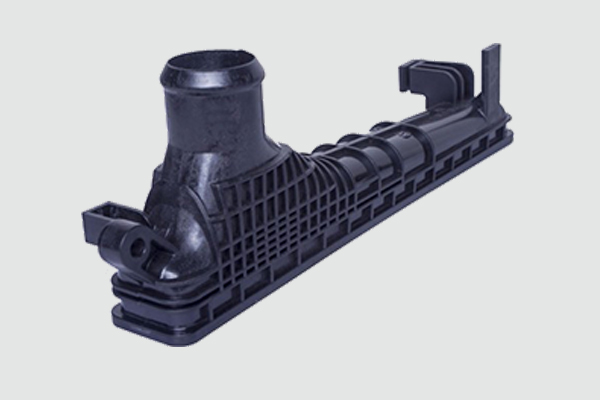
Injection Molded Plastics and Their Benefits to The Automobile World
Automobile companies need to partner with injection molding companies to get their hands on premium injection molded plastics for their cars. But why is it being used so commonly?
Well, for a start, plastics offer diversified, durable, and dependable products that are affordable, high-quality, and corrosion resistant. These qualities make them ideal components for car manufacturing.
Automobile manufacturers are investing heavily in sustainable production methods. Using injection molded plastics allows them to improve environmental sustainability and, at the same time, offer consumers attractive, powerful, and secure vehicles.
The increased use of injection molded plastic doesn’t compromise the reliability of these vehicles and is a viable and cost-effective option for production. Customers can enjoy an enhanced experience because plastics don’t create the kind of noise their metal counterparts do.
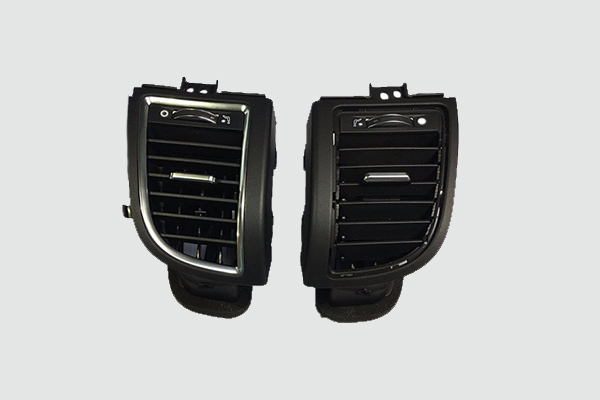
The vehicle’s overall weight is considerably reduced, allowing for better car control, grip, and acceleration. The weight reduction also improves the mileage of electric vehicles between charges.
Manufacturing plastic components is also good for energy conservation and is more affordable than manufacturing metal parts. EV/AV manufacturers also enjoy working with injection molded plastics because they allow more flexibility in the design, prototyping, and production phase.
Electric vehicles contain a flame-resistant box that stores the battery. Car manufacturers need to develop a box that can endure high heat and help keep people safe within the car. Injection molding procedures allow car manufacturers to utilize boxes made from specific thermoplastics that can absorb high heat and prevent fire.
Significant improvements in injection molding machines and similar technologies have improved lead times, which results in efficient production. We’re also seeing a significant decrease in the development to market time discussed in detail below.
Decreasing The Development to Market Time Through Prototyping
As mentioned, the demand for electronic vehicles is at unprecedented levels, and auto manufacturers need to find ways to reduce the entire design, production, and market time to ensure the availability of new products.
Functional prototyping helps auto companies develop injection molded components quickly and effectively to meet industry demand for short development and launch cycles.
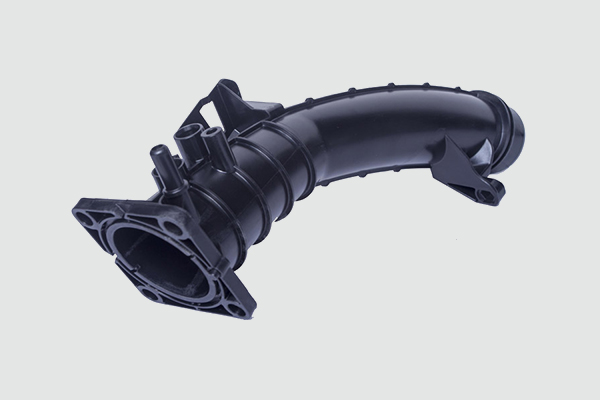
Computer-aided designs and model generation allow automobile manufacturers with a chance to convert their ideas into reality. However, prototyping helps them generate a functional working model. This gives them a better idea of whether their concept is manufacturable.
Prototypes also allow designers and manufacturers to visualize a realistic example of their product. Prototyping gives them a comprehensive overview of whether to go ahead with the project, make changes or scrap it altogether. It’s a perfect low-cost alternative to manufacturing the actual product and conducting feasibility testing.
It’s hard to argue against the utility that prototyping provides in the design and development phase. Using injection molded plastics within the prototyping process helps you develop the sample product quickly and efficiently. The quick availability of the prototype will help you skim through the design and development process fairly quickly, which will give you more time to focus on the actual manufacturing process.
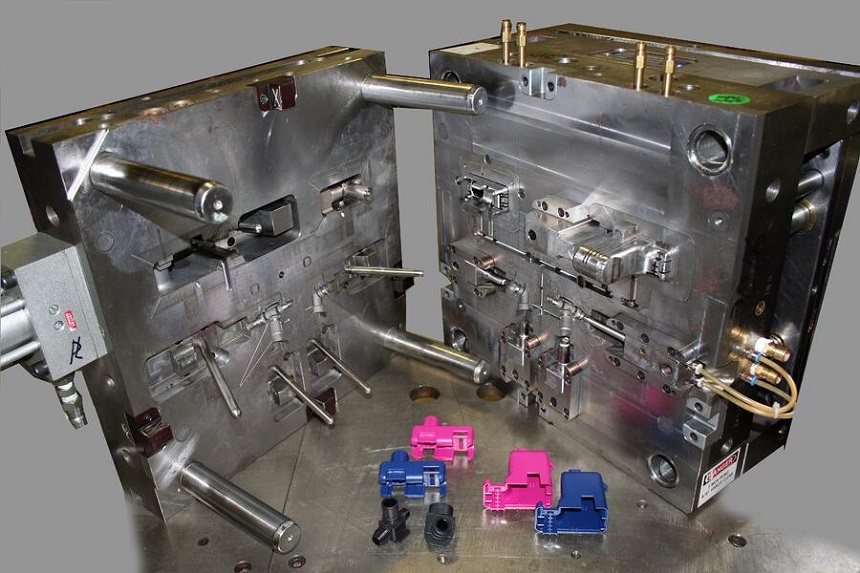
Prototyping is a brilliant way to identify potential errors and fix them before the manufacturing cycle kicks in. Designers and manufacturers can get a taste of the product before the product launch through the prototype, which helps them manufacture top-notch products that add value and enhance customer experience.
Industry experts generally agree that automobile manufacturers can’t ignore prototyping, especially ones that involve injection molded plastics. There’s always the temptation to skip the actual prototyping process and go straight to manufacturing using the results from CAD information.
However, designers who understand the importance of prototyping will refrain from skipping the process because there’s a risk of using standalone theoretical information to manufacture products such as electronic vehicles.
Functional Prototyping
Industries can use plastics for functional and semi-functional prototyping. Injection molding companies have several methods to create quick functional prototypes for testing and development. You’d be surprised to know that functional prototypes can be manufactured within weeks.
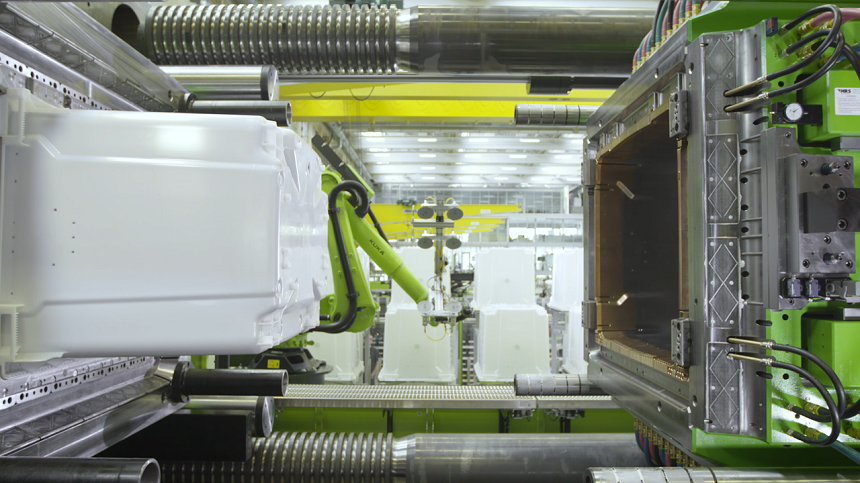
A combination of premium molding machines and equipment, quality materials, and modular tool build options will put you in good stead to create a functional prototype. Based on the complexity of your product and the required thermoplastic material, you can get a product prototype ready in days!
Applications In the Automotive industry
As mentioned, automobile manufacturers increasingly use injection molding to produce quality plastic parts for their EV/AV. Many interior components such as vents, glove boxes, door handles, dashboard panels, interior surfaces, instrument assemblies, and more are created through automotive plastic injection molding. Companies may also decide to use plastic injection to manufacture decorative car components.
Besides interior components, injection molding is also used to create exterior parts such as light covers, floor rails, door panels, bumpers, grilles, fenders, and more. Splash guards are a living and breathing example of the success of plastic injection molding processes. They have shown to be increasingly resilient in preventing mud, dirt, and debris from impacting the car.
Car manufacturers can also use plastic to create engine components originally made from metal. Manufacturers are now using injection molding for parts like oil pans and cylinder head covers because they’re cost-effective and less heavy than their metal counterparts, reducing the car’s overall weight.
Having said that, EV/AV manufacturers must be careful when selecting an injection molding partner for their parts. This is discussed in detail below.
Choosing The Right Injection Molding Company
Most electronic vehicle manufacturers partner with companies like PTMS to provide quality services. The plastic injection molding process is quite complex, and there are several factors you’d need to consider when choosing such services. Ideally, your partner should have sufficient experience and the necessary tools and equipment that suit your product requirements and industry.
One of the first things you need to do is to identify the types of companies they have worked with in the past. Your partner should share your values and be an ideal strategic fit for the partnership to work. So make sure the provider you choose provides top-notch customer service.
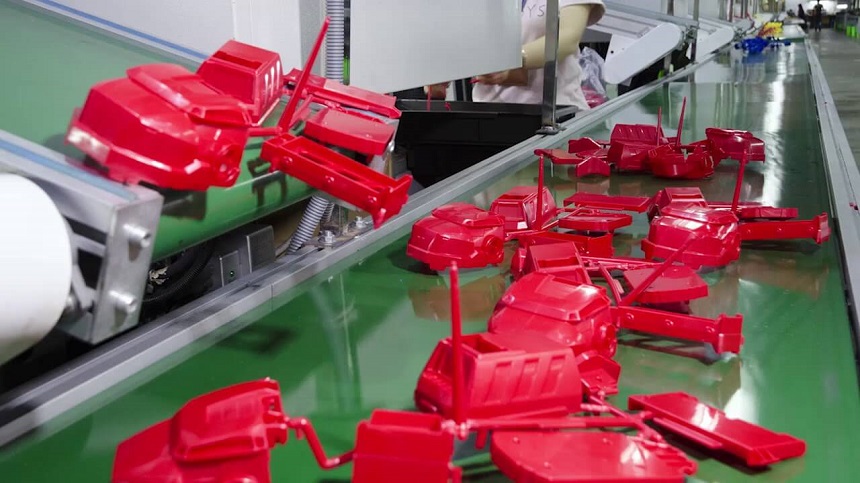
A reliable point of contact and effective two-way communication is essential. As a business owner, supply chain management should be crucial for you, and you need someone to answer your queries and questions promptly regarding your orders and their status.
Another important thing to remember is the material the company uses in its injection molding process. As an automobile manufacturer, you’d be more concerned whether the injection molding company currently molds the material you require or has experience with the resin you need. If they do, you’ll feel more confident in their processes and ability to complete your order within the stipulated timeframe.
Another important thing to consider is whether the molder has sufficient production capabilities to complete your order. You’ll have to look at the number and variety of machines available.
The size of the machine will determine the types of parts it can create. In the automobile industry, the molder you choose should have machines to manufacture products of different complexities and sizes.
The number of presses the manufacturer has in a specific tonnage range also helps determine capacity issues. If you need add-ons such as assembly assistance, prototyping, and design, you should ensure your potential injection molding partner offers these services.
As an EV/AV manufacturer, you should never compromise on quality and production standards. You should also ensure that the company you intend to work with implements sufficient quality control standards.
It would help if you asked whether the injection molding company has procedures or a framework in a place like APQP (Advanced Product Quality Planning). This can help you identify the level of performance planning they undertake before completing orders, their values, and the quality of their products and services. You should also ask whether they have any ISO certifications.
Final Thoughts
Many challenges await the EV and AV automobile manufacturing industries. As the world moves towards a more sustainable way of transportation, manufacturers are constantly being challenged to manufacture high-quality products in a short period.
Every aspect of the manufacturing process is driven by innovation. There is a dramatic difference in how EV/AVs are designed and built. We have already seen a greater reliance on the built-to-print concept.
This is particularly driven by the fact that consumers are demanding greater quality and excellence in their vehicles. As a result, manufacturers are turning to innovation, such as the strategic and innovative use of plastics, functional prototyping involving injection molded plastics, and other similar methods to drive design and manufacturing.
These processes will be fundamental to the success of EV/AV in the future. We’re definitely entering an exciting era for electronic automobile manufacturing, where the focus is on creating environmentally friendly, automated, integrated, and personalized vehicles. There is also a greater responsibility on injection molding companies to drive innovation and identify sustainable ways to create state-of-the-art products for the EV/AV manufacturing industry.
Working With Premium Injection Molding Service Providers
If you want to work with a premium injection molding service provider, you can’t go wrong with PTMS. We have established our reputation as one of the leading injection molding manufacturers in Shenzhen, China.
Since 2002, we have been offering various services, which include mold design, plastic injection tooling, plastic injection molding, silicone parts, metal parts, and product assembly.
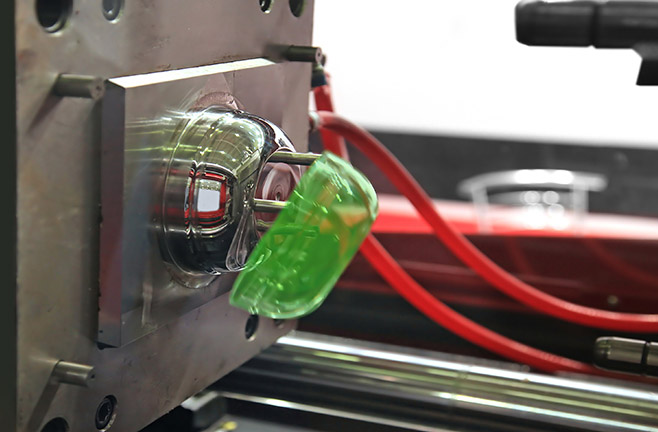
Our products are used in various automotive, home appliances, medical, electronics, and defense industries. Some of our clients include BMW, Toshiba, and TDI-Arms. As a premium injection molding company, we take pride in manufacturing premium products and providing top-notch services to our customers.
Our burgeoning reputation is not limited to China, as more than 70% of our products are exported to Europe, America, Australia, and Russia. We have received our ISO 9001-2008 certification, which is a testament to the fact that we never compromise on the quality of our products.
We have significant production capabilities to meet the extensive requirements of our major clients. We have employed nearly 200 employees who assist us in our daily operations and help us deliver quality products. Our products result from our tireless efforts to drive innovation and incorporate technology into our production processes.
You can visit our website to learn more about the comprehensive services we provide to our growing clientele or contact us. We believe in going above and beyond for our customers and meeting their unique needs and requirements.
